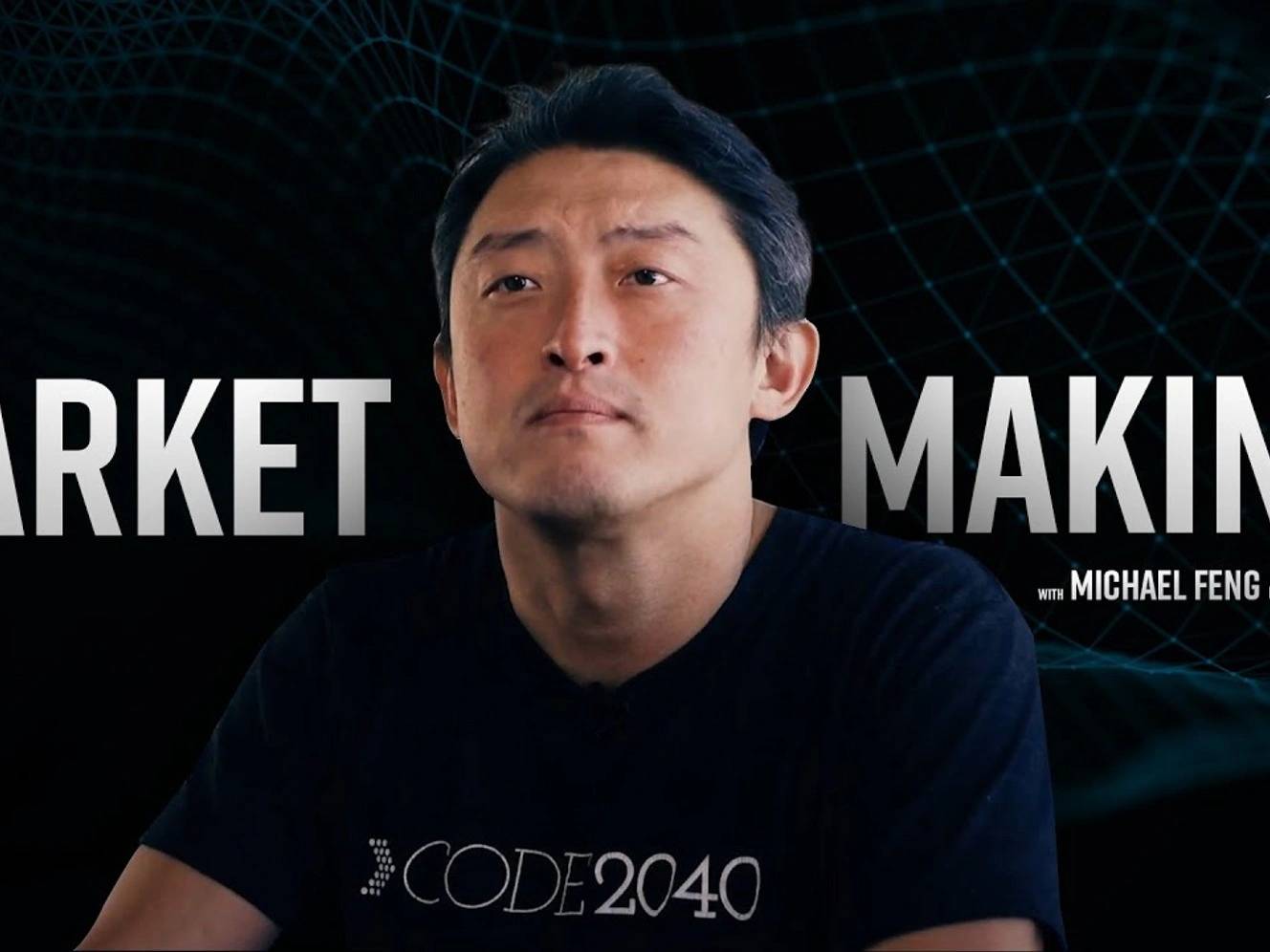订阅 wiki
Share wiki
Bookmark
Michael Feng
0%
Michael Feng
Michael Feng 是 Hummingbot 的联合创始人兼董事会成员,Hummingbot 是一个为构建 加密货币 交易策略和机器人而创建的开源框架。他还是 CoinAlpha 的联合创始人兼董事会成员,CoinAlpha 是一家创建了 Hummingbot 的金融科技软件工程公司。 [1][2]
早年生活
Michael Feng 出生于中国,但在佛罗里达州长大,因为他的父母去美国读研究生。 [3]
教育
Michael 于 1997 年至 2001 年在宾夕法尼亚大学参加了 Huntsman 国际研究和商业项目。正是在这里,他获得了文学学士和理学学士学位,并且还参加了为期半年的海外学习项目,在北京清华大学学习中国语言文学。 [3]
2010 年,Michael 加入了位于加利福尼亚州帕洛阿尔托的斯坦福大学的研究生项目。他于 2012 年毕业,获得管理科学与工程硕士学位。 [3]
职业生涯
金融职业生涯
从 2001 年 7 月到 2007 年 3 月,Michael 在纽约和香港的花旗集团担任分析师/助理。在他五年零九个月的任期内,他专门从事以住宅和商业抵押贷款为后盾的 CDO 的结构化和交易。 [4]
此后,从 2007 年 4 月到 2008 年 9 月,Michael 担任香港摩根大通的副总裁。他被招募在亚洲建立摩根大通的 CDO 业务,尽管他的计划被不断蔓延的金融危机打乱,这让他“感到失望和沮丧”。 [4][5]
金融危机后,Michael Feng 的不满情绪源于他对金融最初的吸引力,这种吸引力源于利用数学和金融工程创造更好产品的潜力。然而,他发现自己从事的金融产品导致了危机和许多人的痛苦。为了追求新的开始,Michael 离开了他的金融工作,并在斯坦福大学攻读工程硕士学位。与同学的互动以及接触计算机科学和创业课程使他能够从金融过渡到技术,使他能够开始新的职业道路。 [5]
“金融危机之后,我真的感到失望和沮丧。最初吸引我进入金融领域的是使用数学、统计学和金融工程来创造比以前存在的产品更优化的产品,但结果却恰恰相反。到目前为止,我整个职业生涯都在创造让数百万人失去家园和工作的产品。这是一种可怕的感觉。”
“我很幸运能进入斯坦福大学的工程硕士项目,所以我辞掉了舒适的金融工作,回到了学校。与我的斯坦福同学见面以及参加计算机科学和创业课程确实帮助我完成了从金融到技术的过渡。”
科技职业生涯
Michael 开始了他的科技职业生涯,从 2009 年 3 月到 2010 年 6 月,他在香港的 FourWinds Capital Management 担任董事。他的职责包括向亚洲和澳大利亚投资者推广清洁能源私募股权基金。 [4]
更进一步,从 2012 年 11 月到 2015 年 7 月,Michael 成为 doxIQ 的联合创始人兼首席执行官,doxIQ 是一家位于加利福尼亚州旧金山的文档分析初创公司。doxIQ 因赢得 VentureBeat 的 GrowthBeat 2014 初创公司竞赛以及开发首批应用程序之一 Docmunch 而获得认可,该应用程序利用计算机视觉来检测和提取 PDF 文件中的表格数据。 [4]
在 Nitro, Inc. 收购 doxIQ 后,Michael 于 2015 年 8 月至 2017 年 2 月在旧金山湾区的 Nitro, Inc. 担任产品总监。在此职位上,他领导 Nitro 的产品管理团队并监督旗舰产品 Nitro Pro。 [4]
在 doxIQ 和 Nitro 工作期间,在 以太坊 白皮书发布后,他对 区块链 技术和 加密货币 产生了浓厚的兴趣。他意识到 智能合约 的潜在用例,尤其是在区块链上实施金融产品方面,他认为这将是革命性的 - 这促使他在 web3 行业创办了一家公司。 [5]
“直到 2014 年以太坊白皮书发布后,我才真正开始关注。我意识到智能合约有能力将金融产品(如衍生品、贷款和所有其他产品)放在区块链上,这可以创建一个更高效、透明和开放的系统。亲身经历了 2008 年的金融危机后,我知道加剧崩溃的原因之一是,没有人真正知道他们对雷曼兄弟的风险敞口是多少。”
区块链职业生涯
自 2017 年 8 月以来,Michael 一直担任 CoinAlpha, Inc. 的董事会成员兼联合创始人,该公司为 Hummingbot 生态系统提供支持。CoinAlpha 为交易所、代币发行商和区块链协议提供做市和工程服务。 [4]
自 2021 年 10 月以来,Michael 一直在 Hummingbot 基金会担任全职董事会成员。这个非营利组织维护开源 Hummingbot 代码存储库,并监督 HBOT 代币治理系统,其使命是普及高频交易。 [4]
发现错误了吗?
